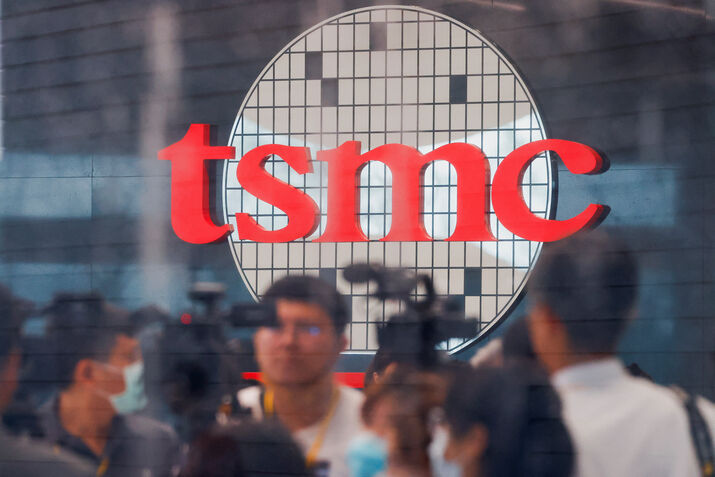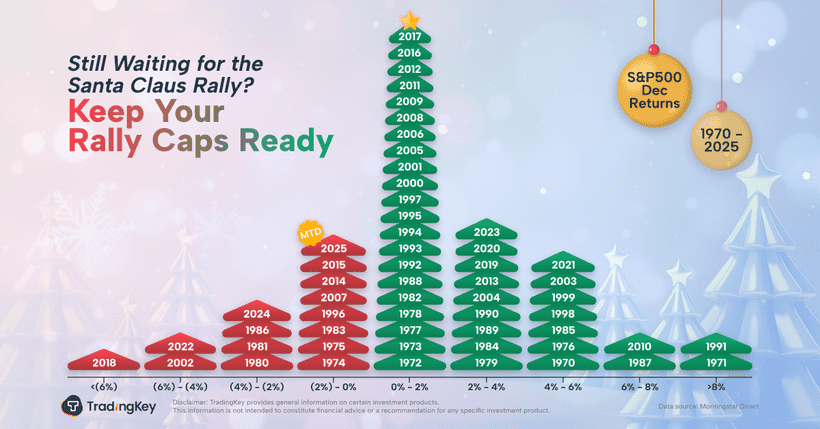Investing in Luxury & Experiential Consumption
 (1)-e1eb04468ab7433190d4cd16fa2b6278.jpg)
● Luxury shifts from goods to experiences.
● Millennials and Gen Z drive demand, and social media amplifies luxury’s cultural role.
● Experiential luxury is expanding in the hospitality and travel sectors.
● Sustainability and authenticity reshape luxury consumption.
The Evolution of Luxury
TradingKey - Luxury has always been exclusivity, prestige, and desire. Historically, it was focused on material goods, fashion designer clothing and accessories, watches and jewelry, and luxury cars. But over the last two decades, luxury branched outward to something greater: experiences. Gourmet dining, private jet travel, exclusive spas and wellness retreats, and participatory culture events now sit side by side with handbags and sports cars as marks of success and personal style.
The evolution itself is a reflection of wider cultural changes. Consumers, and particularly younger generations, now value experience more than ownership. Authenticity, customization, and share-worthy stories appeal to them. The luxury sector, as such, has moved on from just sales of products to crafting lifestyles. Investors see in the evolution new potential, beyond traditional conglomerates, to engage in expansion in previously underserved segments, from niche hotels to experience-based entertainment.
Demand Drivers: Wealth, Demographics, and Culture
Luxury consumption is propelled at its core by the creation of wealth. Asian and Middle Eastern higher incomes have expanded the pool of consumers with access to high-end products and services. The biggest engine of growth remains China, and its middle and upper classes have been leading the charge for both classic European homes and new local players.
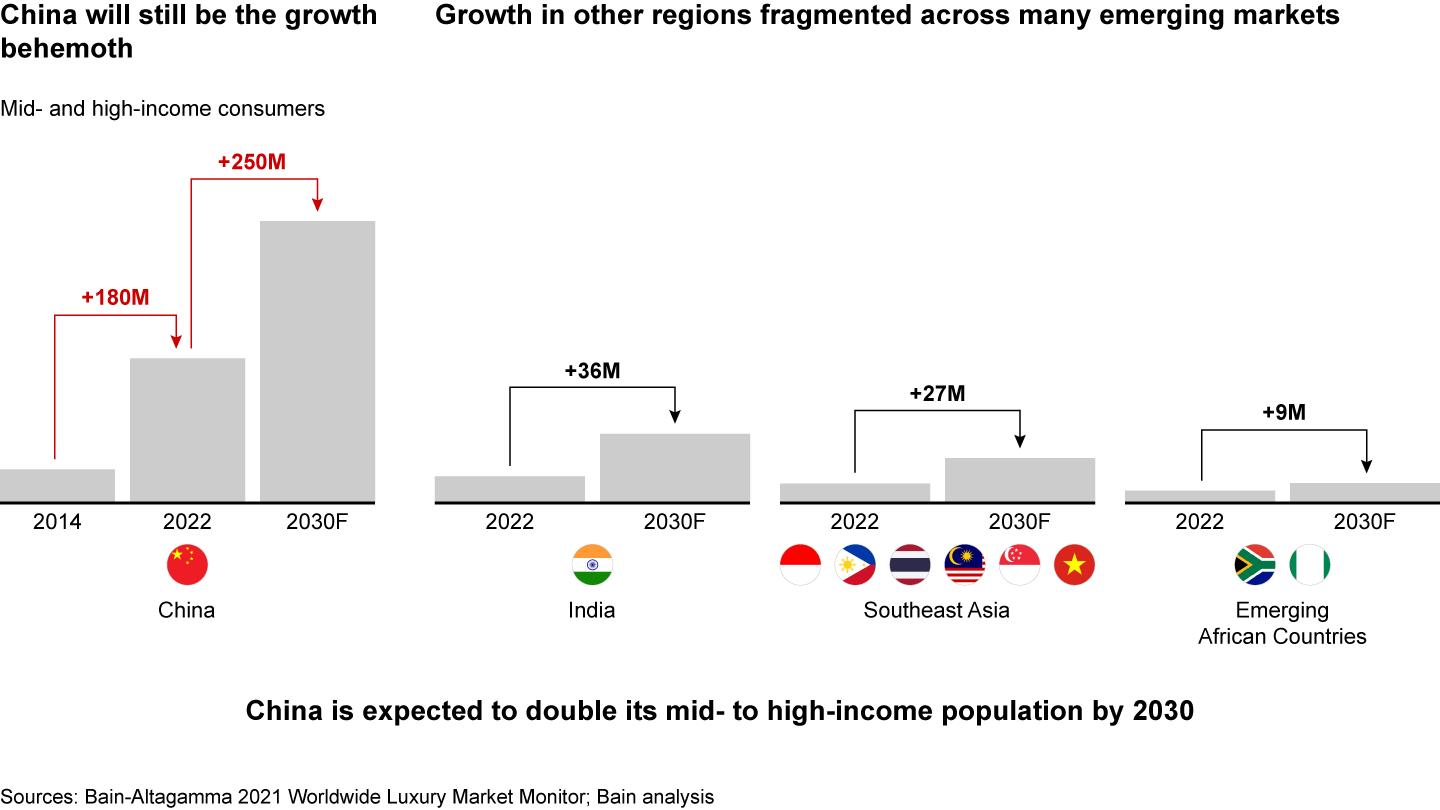
Source: https://www.bain.com
Generational forces enter the picture as well. Millennials and Gen Z now comprise an ever-greater proportion of luxury consumers, and they think of the sector in a different manner from generations past. Where ownership was cherished by parents, they prioritize experience, digitization, and sustainability. They're more likely to invest in special events, wellness, and journeys than in products per se. This demography in flux is altering how business gets done, and traditional luxury houses have no alternative but to offer experiential components as well as physical goods.
Cultural factors give something else to consider. Luxury as a form of social signaling has been amplified by social media. Experiences, dinner at a Michelin-starred restaurant, a high-end festival, is shareable currency among online groups. This visibility supports demand and fuels trends.
The New Luxury Economy: Beyond Goods
The new luxury economy encompasses several segments. Core luxury products continue to be central, but they're now joined by experience segments:
● Luxury hospitality and travel: customized tours, spas, and small hotels.
● Luxury dining and gourmet events: exclusive restaurants, chef evenings, and specially designed events.
● Wellness and lifestyle: luxury spas, fitness clubs, and holistic retreats.
● Entertainment and culture: high-end concerts, art festivals, and immersive events.
These markets have more to do with human desires for prestige and memory-building than for usefulness. For that reason, they're relatively hardy; consumers will delay purchases of everyday goods in recessions but will many times still desire once-in-a-lifetime trips or unique experiences.
Investment Avenues
Investors have access to this sector through various avenues. The biggest luxury groups remain the simplest entry. The groups, with storied brand portfolios, increasingly blur goods and services, initiating hospitality projects, private clubs, and made-to-order experiences for consumers. By virtue of size, global reach, and brand equity, they have insulation.
Travel and hospitality speciality companies have access to exposure as well. Boutique hotels, experience-based tour operators, and wellness destination companies offer immediate access to experience-based luxury requirements. Although the majority of these remain private, some of them are listed publicly or offered by venture and private capital funds.
Luxury consumption-based funds and exchange-traded funds provide diversified exposures, bundling established goods producers with service and hospitality companies. Ownership of experiential real estate directly, such as luxury villas, private clubs, or wineries, offers high net worth individuals financial returns and personal enjoyment.
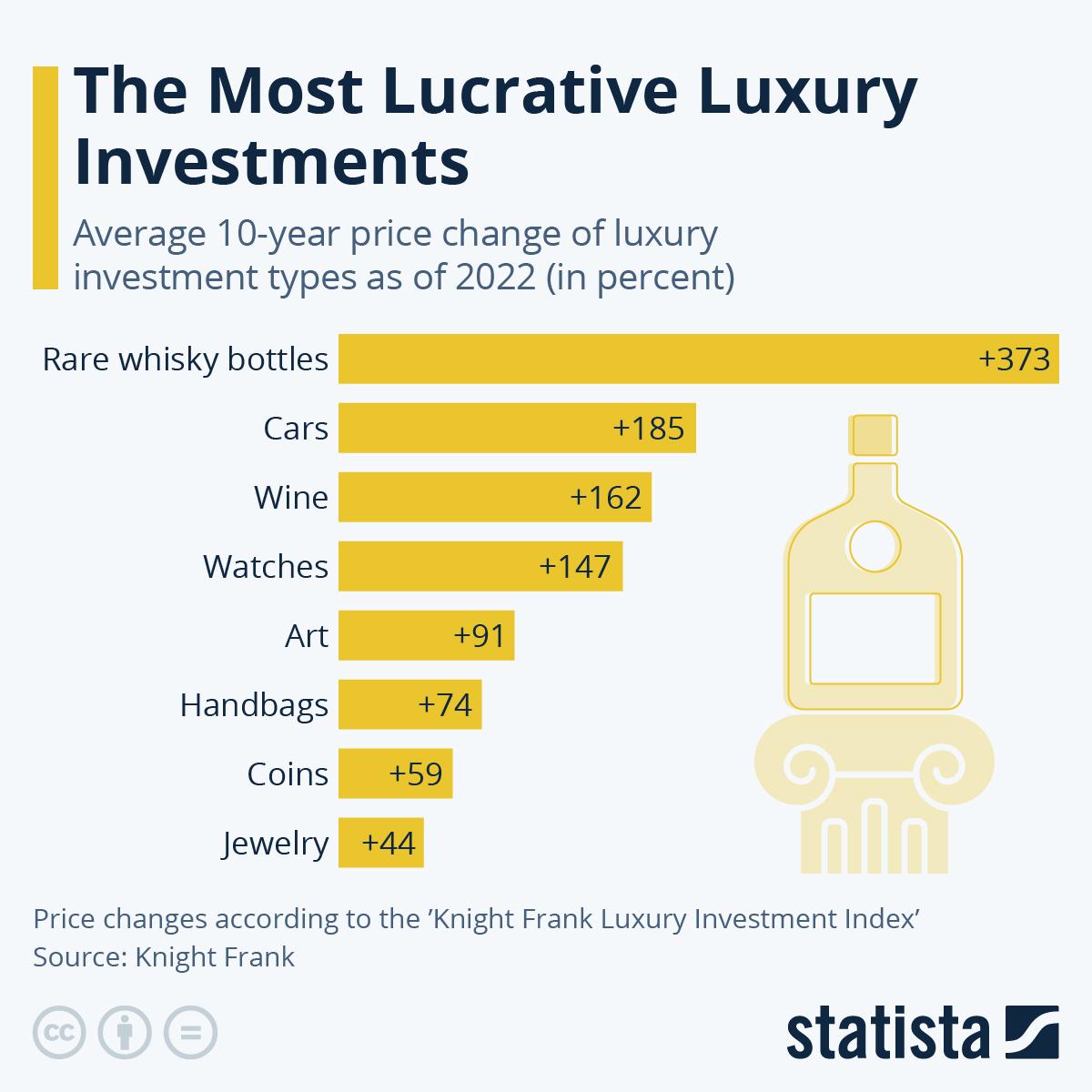
Source: https://www.statista.com
Risks in the Luxury & Experience Space
Though desirable, luxury consumption isn't entirely free of risk. Since it's a discretionary category, it's at risk of suffering from recessions, geopolitical developments, and international traveling bans. The pandemic served to underscore such vulnerability, and the traveling and hospitality segments see significant declines.
Currency volatility also makes a difference. Luxury products are often sold in euros or American currency, but they're consumed worldwide. Changes in exchange rates have the potential to affect demand and corporate profitability.
Another threat is changing consumer values. Sustainability and authenticity become more and more important. Products or experiences that appear wasteful, inauthentic, or exploitive create reputational risks. Companies that adapt, through sustainable sourcing, community engagement, and digital storytelling, will have more of a chance at staying loyal.
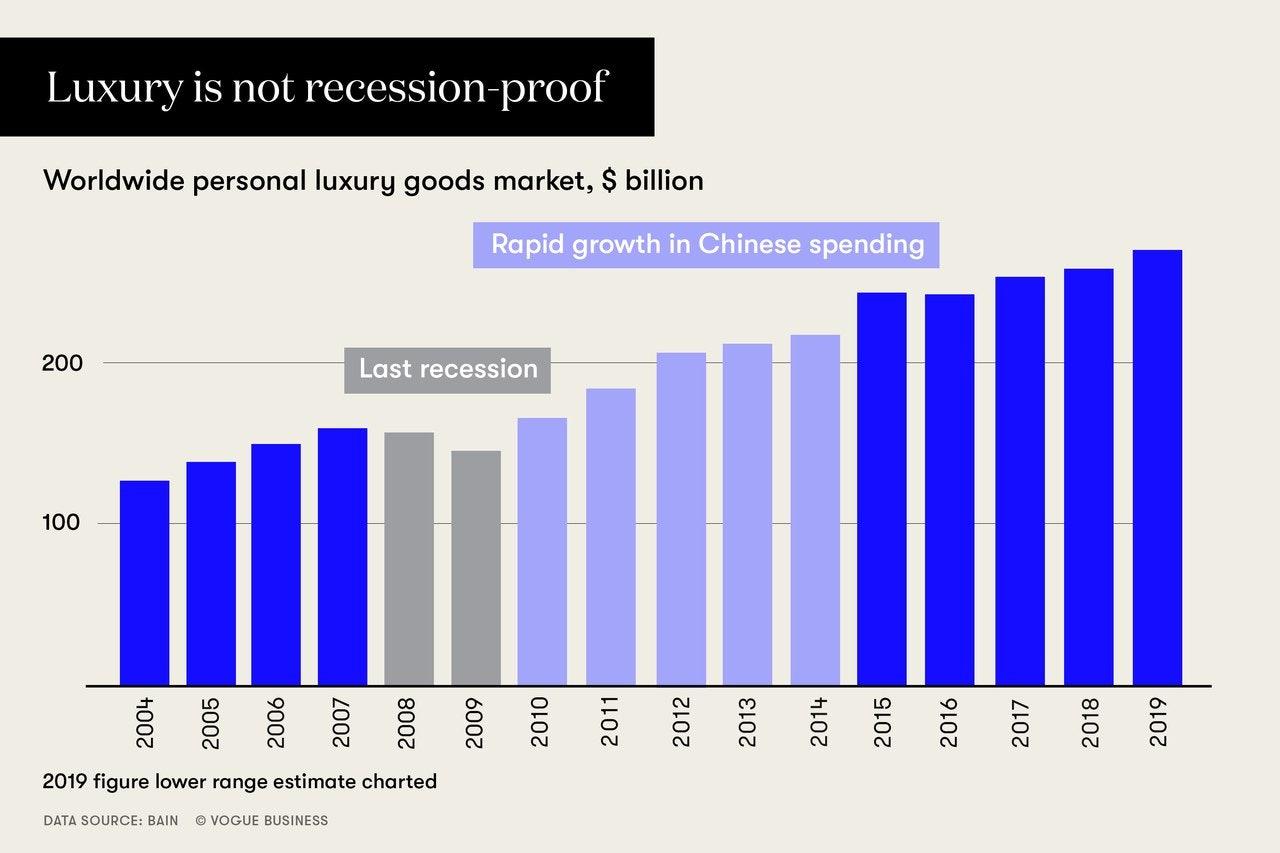
Source: https://www.narcisapheres.com
Finally, competitive forces remain fierce. Established players have to balance heritage and innovation, and new entrants often disrupt with new ideas. Investors have to judge critically which players are innovating and which players are fading by the wayside.
The Psychological Boost of Luxury
What keeps luxury resilient is its psychological aspect. Luxury isn’t just useful, it’s identity-related. For consumers, luxury purchases of products and services translate to success, refinement, and membership. Experiences, for consumers, allow them to create and share subjective histories. Luxury’s emotional aspect makes it more resistant to commoditification.
This psychological resilience is why luxury rebounds quickly from dips. Aspirational customers return even as demand dips. The sector benefits from “catch-up consumption,” with pent-up demand stimulating spending following crises. Investors welcome this pattern of rebounding at times of turbulence.
The Long-Term Investment Case
Future growth arenas will remain luxury and experience consumption. Global increases in wealth will continue to supply a steady stream of new customers. Forces of generational change will continue to push the industry toward experience, digital convergence, and sustainability. International travel and cultural life will continue to recover and regain momentum from the pandemic, and experience segments will keep expanding faster than traditional goods.
The investor opportunity is balanced. Access to established behemoths of luxury provides stability, and allocation to small players of expertise provides access to more growth potential. The blending of the exposures offers a diversified solution to the sector.
Luxury and experience are not indulgences but expressions of human aspiration and cultural evolution. As consumers continue to yearn for meaning, memory, and standing, the sector will continue to do well. Investing in it is not just investing in consumer spend but aligning with the timeless psychology of desire.
Conclusion
Consumption of luxury and experience is one of the strongest segments of the global economy. From icons of brands to highly crafted events, the sector continuously reinvents itself by merging tradition and innovation. Risks are plenty, if anything more at the level of macrocycles and shifting consumer desires, but the structural drivers of wealth formation, demography, and culture are unquestionable.
The message to investors is straightforward: the definition of luxury has evolved. Luxury is no longer merely physical products; it's now narrative, memory, and experience. By understanding that evolution, investors position themselves to own a corner of an industry that isn't merely growing but redrafting how people define themselves in an interconnected, digital world.





